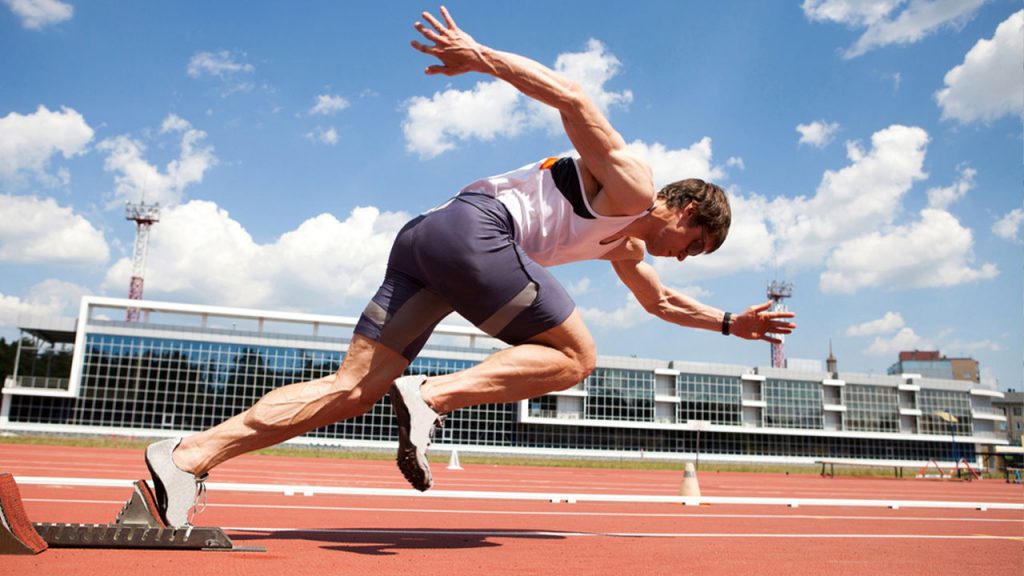Whatever sport you practice and whatever your level, your biggest goal is probably going to be improvement. You want to be better tomorrow than you were today, whether that’s to beat a competitor or just to challenge yourself.
There are so many factors that affect sports performance, and some of them are easier to measure than others. The final time or score from your race or match may show the final result, but understanding it is a whole different ball game.
Just take a single 100-meter sprint. What was the weather like? Were any of the competitors recovering from a recent injury? Does someone have a physique that naturally favors running? World record-holder Usain Bolt stands out not just for his speed, but for being significantly taller than most of his rivals. Did anyone have jet lag? Who has the support of the crowd?
You’re probably not an Olympic medalist, but there are still lots of things to consider when you step into the gym or dive into the pool. Have you eaten properly? Did you get a good sleep the night before? Are there other stresses in your life preventing you from putting in your best effort?
If you manage to strike up a regular routine with your exercise, you’ll soon see a change, regardless of how difficult it was in the beginning. You’ll find yourself lifting bigger weights and know your strength has grown. Your stretches will become deeper, a sure sign of improving flexibility. You’ll be able to keep going for longer, and that means your stamina is getting better.
One thing that can make it a lot easier to plan a fitness regimen and figure out the areas where you most need work is the help of a coach or personal trainer. These are professionals with experience in their respective sports who will know just how to assess your current performance and identify areas for improvement. Maximizing performance isn’t just a solo endeavor.
That becomes clear when you realize just how large the teams are that surround professional athletes. They’ll have different coaches for different techniques or parts of their body, they’ll have a nutritionist making sure they eat exactly what they need to eat, and there will be medical experts on standby to treat any injuries. In the modern world, sports psychologists have also become increasingly popular as a way to ensure an athlete is in the right headspace. Mental attitude can be just as important as physical fitness in performing at your best.
Pushing hard to improve can make you a better sportsman, but it can also increase the risk of injury. That’s why you need to be aware of your body and the risks you’re taking. A good coach will know when to be cautious. If you have a history of injuries or other medical conditions, you may want to talk to your doctor before trying any sport to check what’s safe for you, even if that’s not the same standard as it is for everyone else.
Whether you’re a professional sportsman looking to compete on the world stage or an amateur enthusiast who just wants to lose some weight, you need to consider the complex interaction of biology, psychology and environment to maximize your performance.




